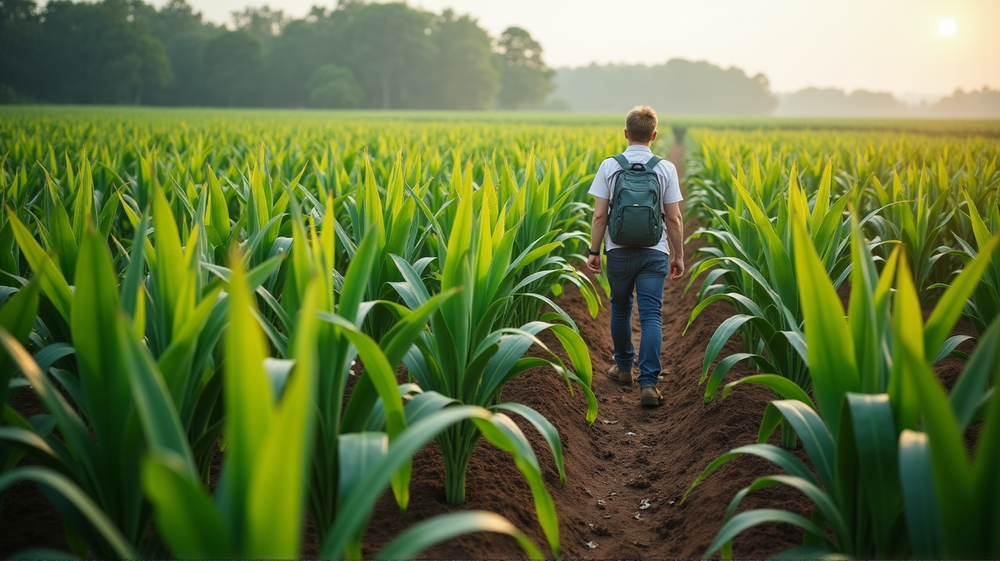Revolutionizing Sugarcane Cultivation: AI's Transformative Role
In a groundbreaking move that could alter the landscape of agriculture, particularly in sugarcane cultivation, Sharad Pawar, the chief of the Nationalist Congress Party and a former Union agriculture minister, has championed the use of artificial intelligence to revolutionize the industry. With far-reaching implications for farmers’ livelihoods and the economy, this technology promises to be a game-changer.
The Promise of AI in Agriculture
Speaking at an enlightening event themed around AI’s potential in farming, Pawar emphasized the untapped potential within the sugarcane sector. According to him, applying AI can increase per-acre yields, leading to a more productive and financially viable sugar industry. “Increasing cane yield using AI, and thereby producing more sugar and by-products like ethanol, is the right approach,” he asserted.
Transforming Economies and Lives
The implications of AI in sugarcane farming extend beyond yields. The sector often faces underutilization issues due to short crushing seasons. Pawar pointed out that with the integration of AI, the economics of the industry could be transformed, elevating farmers’ standards of living by boosting revenue opportunities.
Collaborative Efforts and Strategic Implementation
A memorandum of understanding (MoU) between Vasantdada Sugar Institute and the Agricultural Development Trust seeks to ensure technology reaches a vast number of farmers. In collaboration with Oxford University, efforts are underway to set up weather stations that will further enhance productivity. “Experts from Vasantdada Sugar Institute and Agricultural Development Trust are working together to boost sugarcane yields,” Pawar revealed.
Overcoming Challenges
While the initial cost of setting up AI-enabled systems might seem daunting at ₹25,000 per hectare, the strategy involves sharing expenses among farmers, sugar factories, and institutes like Vasantdada. Yet, the promise of returns justifies this expenditure. “With costs shared among farmers, factories, and institutes, AI will soon be indispensable in farming,” Pawar mentioned.
A New Era in Agriculture
Despite the technical and financial challenges, the adoption of AI in sugarcane cultivation is a prospect laden with potential. The focus now shifts to encouraging sugar factories to upgrade their agricultural departments. Pawar’s emphasis on necessary officer training ensures that the entire ecosystem adapts to this cutting-edge technology. “AI can help transform the economics of sugarcane,” Pawar confidently stated.
According to Hindustan Times, the implementation of AI in sugarcane cultivation is poised to redefine the dynamics of this major agricultural sector. This blend of traditional farming with modern technology could set a precedent globally, enhancing food production and economic stability.
A Political Subplot
On a lighter note, an unexpected subplot played out during the event: Ajit Pawar, estranged nephew of Sharad Pawar, rearranged the seating to sit away from his uncle, sparking speculation about their political relationship. While the AI discourse took center stage, this quirky act didn’t go unnoticed, adding a personal touch to an otherwise transformative event.
As the agricultural sector stands on the brink of a technological revolution, AI is poised to alter its fabric, promising robust yields, a boost for local economies, and an uplift in farmers’ quality of life.




